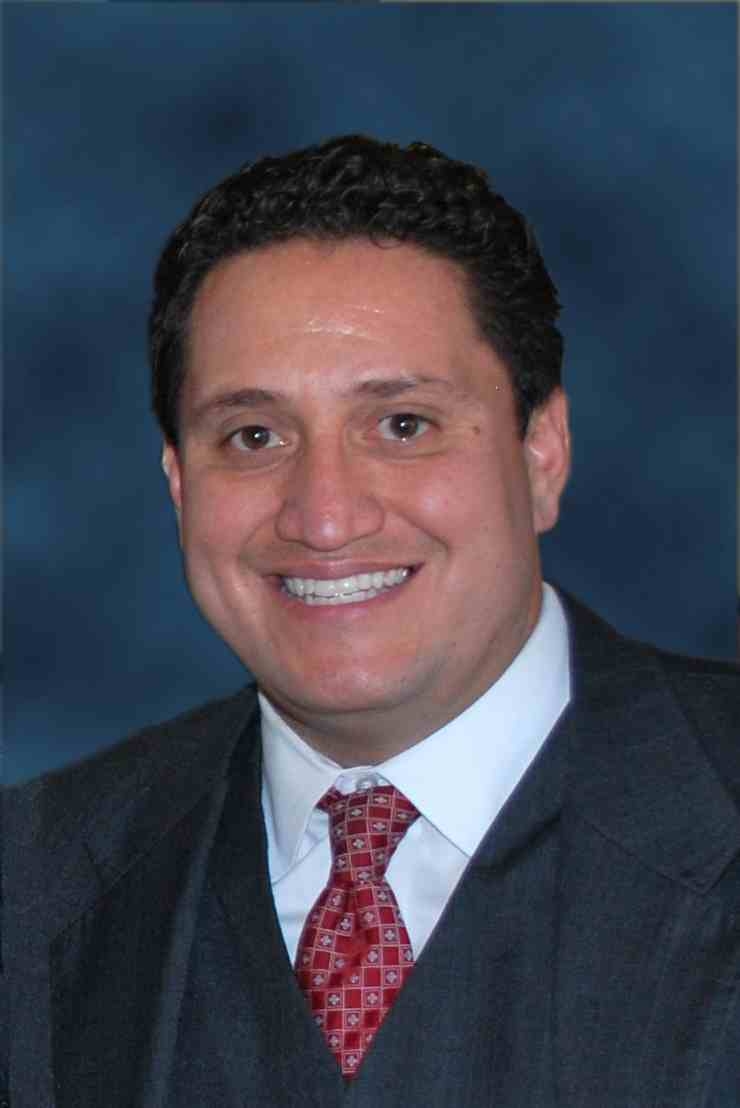
Latinovations would like to thank Rep. Martinez Fischer for his contribution to La Plaza.
This month, “Latino in America” will premiere on CNN. Many of the teasers for the program include the following fact: “By 2050, the U.S. Latino population is expected to nearly triple”. According to a Pew Hispanic study from 2008, Latinos will be 29% of the population of the United States in 2050. Just imagine for a moment what that means. Right now, there are more than 8.2 million Latinos in Texas, comprising 35% of Texas’ population. As Texas is today; the nation will become in the not too distant future.
In this way, Texas is both a view into the future of the United States and a policy incubator for dealing with dynamic demographic changes. Texas and its leaders will be in a unique position to alter and shape the solutions to the problems caused by population change. In fact, dealing with these issues will rest largely upon the shoulders of emerging Latino leaders in Texas and the United States.
I am the Chairman of the Mexican American Legislative Caucus (MALC), which is a legislative body of 44 members of the Texas House of Representatives. The members of our caucus comprise nearly one-third of the 150 Representatives of the Texas House. MALC was recently recognized by The Economist as “the body to watch” in Texas. MALC is also the oldest and largest Latino legislative caucus in the United States. More importantly, the Latino leaders that will lead Texas now and in the future call MALC their home.
During the 81st Legislative Session in Texas, MALC members spent hours both debating anti-immigrant legislation on the House floor and meeting with stakeholders to negotiate changes in policy to reflect the best interest of our constituents. Our legislative agenda is as diverse as the people we represent. MALC members led the way this Session proposing laws that sought to expand alternative energy in Texas and to fund and regulate complex financial transactions. Fighting for these issues today on both a state and national level will ensure that the future Latino population will possess the tools and resources to protect the future of our nation.
The challenges that Texas will face in coming years, will become the challenges that our Country will face in the next fifty years. Given this fact, it has never been more important that Latinos of all backgrounds and ideologies work together state by state and region by region to prepare for the coming population shift.
The future of our Country demands that we as Latinos rise up to meet the challenge of leadership. MALC and many Latino caucuses throughout the United States stand ready to lead this charge in Texas and beyond.
Trey Martinez Fischer is the chairman of the Mexican American Legislative Caucus, a bipartisan body of forty-four members of the Texas House of Representatives. MALC is the oldest and largest Latino legislative caucus of the United States. Chairman Martinez Fischer is in his fifth term representing District 116 in the heart of San Antonio, Texas. He is the Vice Chairman of the Insurance Committee and also sits on the Natural Resource Committee and the Committee on Local & Consent Calendars.
I am very proud of being a first generation born in the United States Mexican American. I have a degree as a paralegal and have worked over 17 years in the area of family law. I two concerns are health care and immigration. My mother & her family came to the United States from Mexico & Holland. I feel many people due mostly to the current economy as well as lack of education have to make decisions that make it difficult to provide health care equivifilant to what state legislators & national legislators have for their families. I feel we as Americans should provide for our fellow Americans the type of health care that will take care of our families when the need is there as well as the preventive care that is necessary to keep our families from having to use emergency rooms as the only alternative. I am hoping all Latinos remember our custom of helping each other out all of the time. I would appreciate a response to not only me but to our President in his call to all of us regarding needed health care for all.